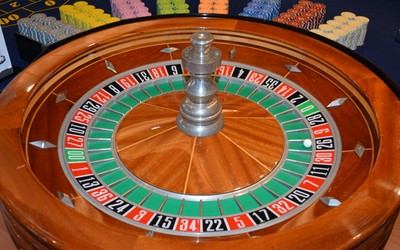
Nik Korba
Is chess fun?
The more complex a game, the harder and more rewarding it can be to study.These opinions are mine, not those of Lichess.
Two years ago I wrote Why enjoy chess?. Since then, events happened:
- FOSS Woogles continues to build new features as its community grows
- Shogi_Harbour retires from professional scene, then active streamers go on hiatus
- Nick Sibicky semi-retires (as countless other content creators have done)
- Chess.com acquires then sunsets competitor Chess24
- Lichess greatly improves broadcast portal
- FIDE makes innocuous rating system changes without fixing systemic problems
- Viral videos about Chess.com-related cheating
Above developments have me pondering many questions and considering next steps:
- What factors are relevant for community growth? (See Shogi_Harbour's thesis.)
- In what policy or feature areas should I collaborate with Lichess, Lishogi, PyChess, Woogles, etc. and their communities going forward?
- Should I attempt to monetize any of my interests, in an effort to more effectively collaborate with communities?
I could be mistaken, but in general on my livestreams, forum posts, blog, etc. I haven't communicated much about my personal preferences:
- Chess needs a players' union and a distributed games ledger to democratize the game.
- Multi-dimensional models, not ratings, measure player skills; ratings should only exist for matchmaking purposes.
- There are reasons to care about cheating (money, time, etc.) however as AI opponents play more like humans, there is less at stake. (See Asimov's short story The Evitable Conflict.)
- In Japan, shogi has 8 champion titles, so there are frequent top-level competitions where far more than money is at stake. Having a unified world champion title ruins top-level competitions in other games.
- Statistical analysis is a skill which even titled players can learn before making accusations.
- Chess, Scrabble, mahjong, and shogi rule simplifications (openings, challenges, scoring, try rule) could flatten learning curves and promote community growth. Why burden amateur players with knowledge tests, except to keep out new players?
When I see reform opportunities I contribute, however as communities grow they resist reform.
Photo credit: Nik Korba
Discuss this blog post in the forum



More blog posts by Toadofsky

Can chess speak for itself?
Has online chess devolved into a popularity contest?
Opportunism
Never interrupt an opponent while he is making a mistake.
Long-Term Goals Are Malarkey
What is your chess goal for 2024?
